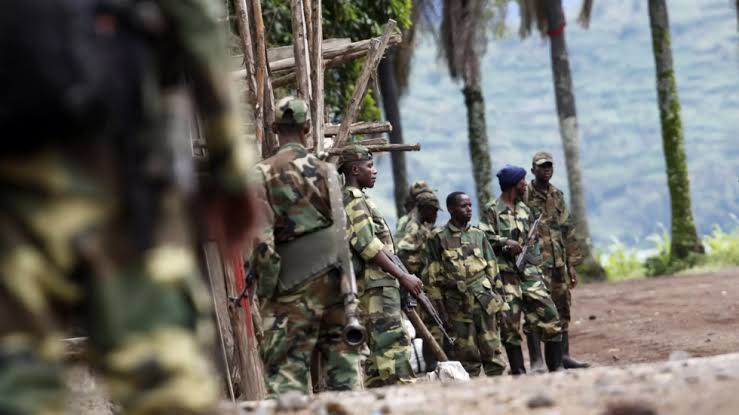Africa may be on the brink of a new wave of conflict, with rising tensions particularly concentrated in the eastern regions. The recent attack by M23 rebels in Goma, the mineral hub of the Democratic Republic of Congo (DRC), has escalated the situation, resulting in the deaths and injuries of countless soldiers and civilians, though the exact toll remains unclear. Among the casualties were several South African soldiers stationed in Goma, further intensifying the crisis.
The question of who is supporting the M23 rebels remains shrouded in mystery. DRC President Félix Tshisekedi has pointed fingers at Rwandan President Paul Kagame, accusing him of backing the rebels. Kagame, however, has vehemently denied any involvement. The M23 rebels have also dismissed claims of Rwandan support, arguing that these accusations are a tactic by the DRC government to delegitimize their cause. The rebels insist they are fighting for their right to be recognized as Congolese citizens, demanding equality and an end to their forced relocation to Rwanda, which they say fuels their resistance.
In response to the escalating conflict, several countries have deployed troops to the DRC. Kenyan and South African forces have already confirmed their presence on the ground, signaling a regional effort to stabilize the situation.
Amid the turmoil, there is a glimmer of hope for peace. Mediation talks are scheduled for the 8th of this month in Tanzania, a strategic location given its membership in both the Southern African Development Community (SADC) and the East African Community (EAC). These organizations include many of the aggrieved parties involved in the conflict. However, skepticism remains, as the M23 rebels—central to the conflict—have been excluded from the talks, raising doubts about the potential for a lasting resolution.
Meanwhile, the terrorist group Al-Shabaab in Somalia has seized the opportunity to exploit the regional instability. They have reportedly planned several attacks, one of which was thwarted by the U.S. government. Undeterred, Al-Shabaab has escalated its activities, crossing into Kenya and kidnapping five local chiefs. This brazen act has provoked the ire of Kenyan President William Ruto, who has vowed retaliation if the chiefs are not safely returned. Al-Shabaab has long sought to provoke Kenya, recently flooding the internet with propaganda videos claiming to hold Kenyan soldiers captive. The Kenyan government has yet to confirm these claims, but the situation underscores the volatile and interconnected nature of the region’s conflicts.
As tensions rise and alliances shift, the path to peace remains uncertain. The coming weeks will be critical in determining whether diplomacy can prevail or if Africa is indeed headed toward a new era of war.
